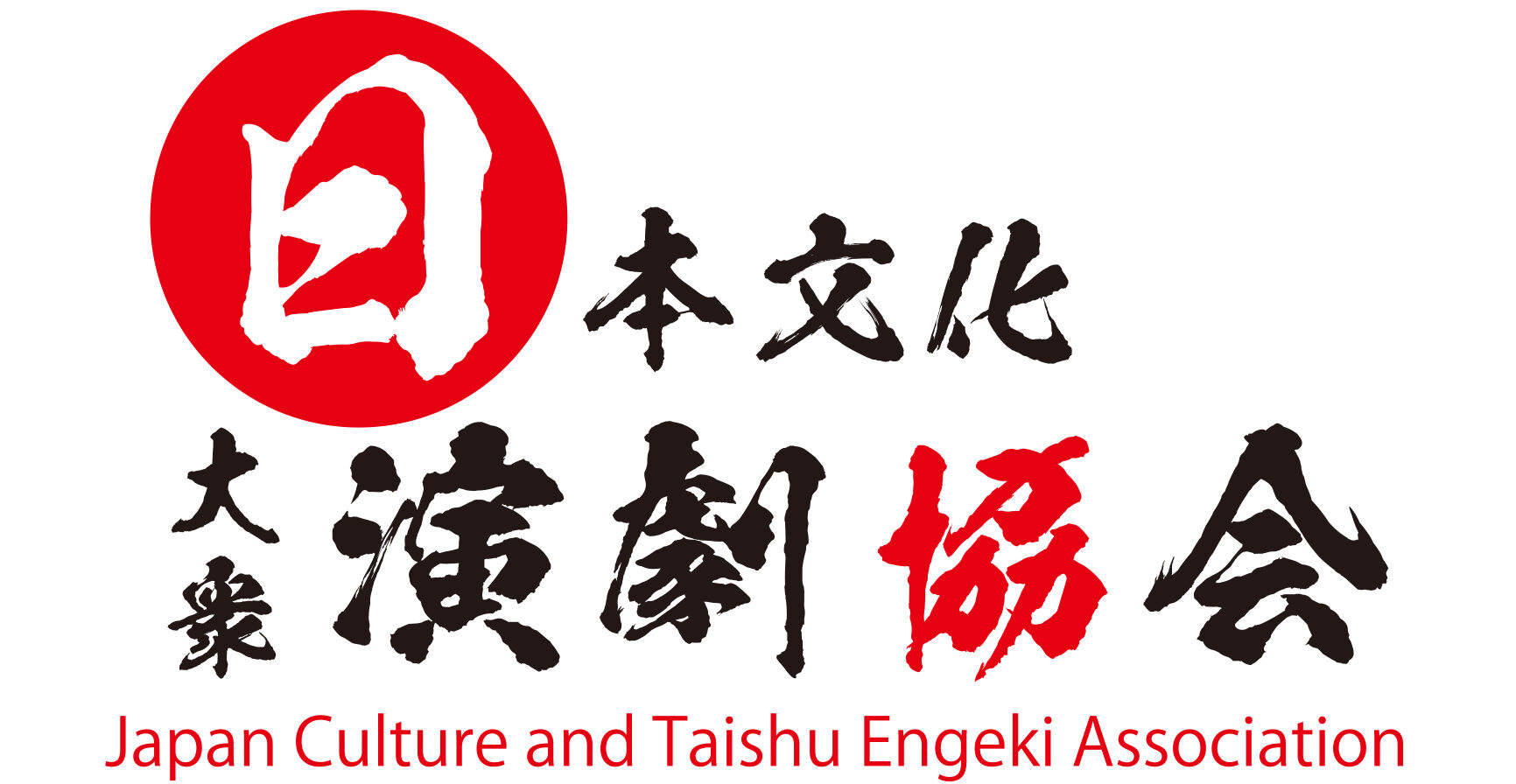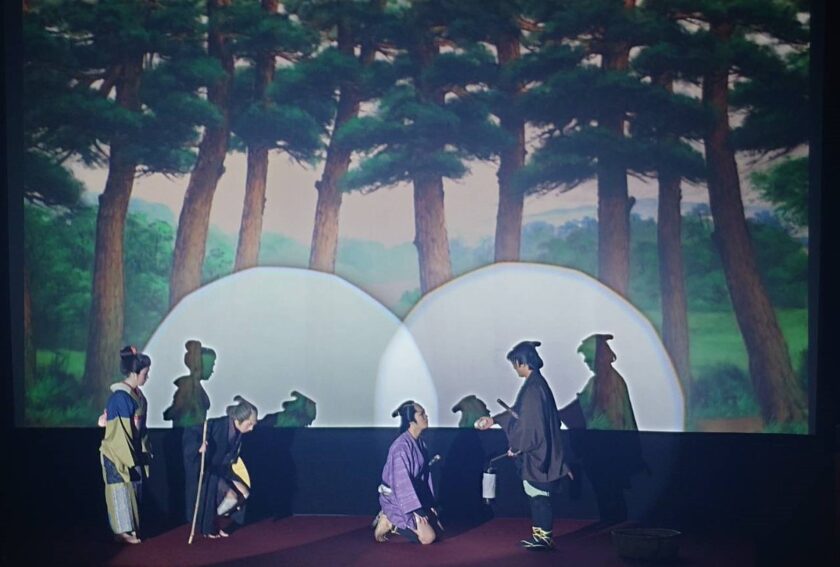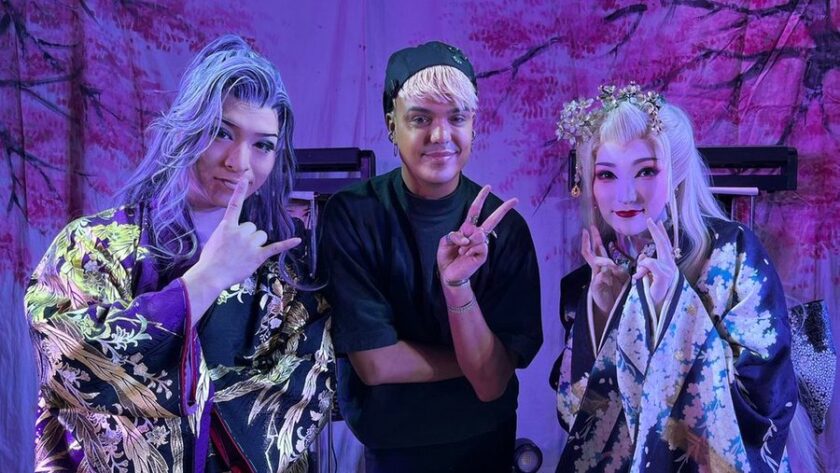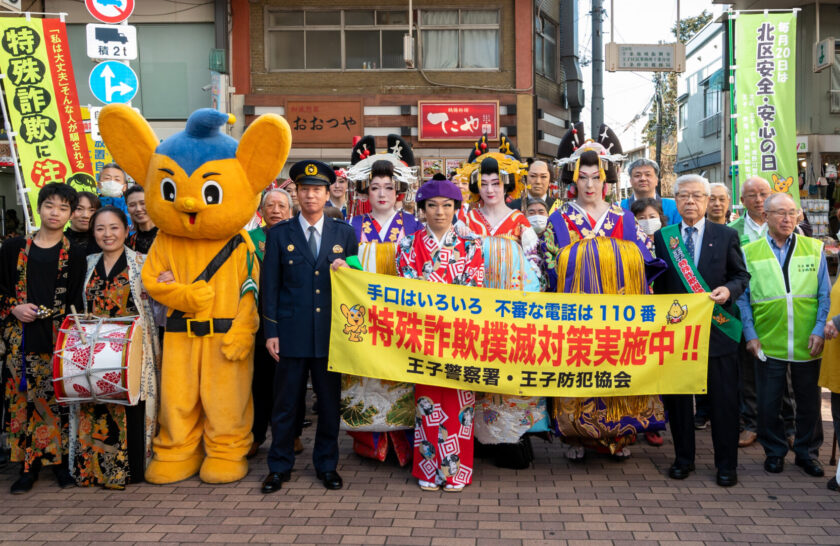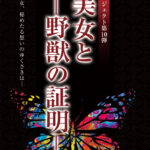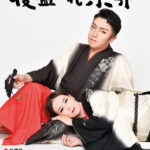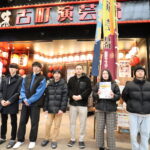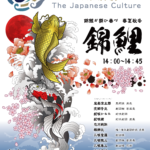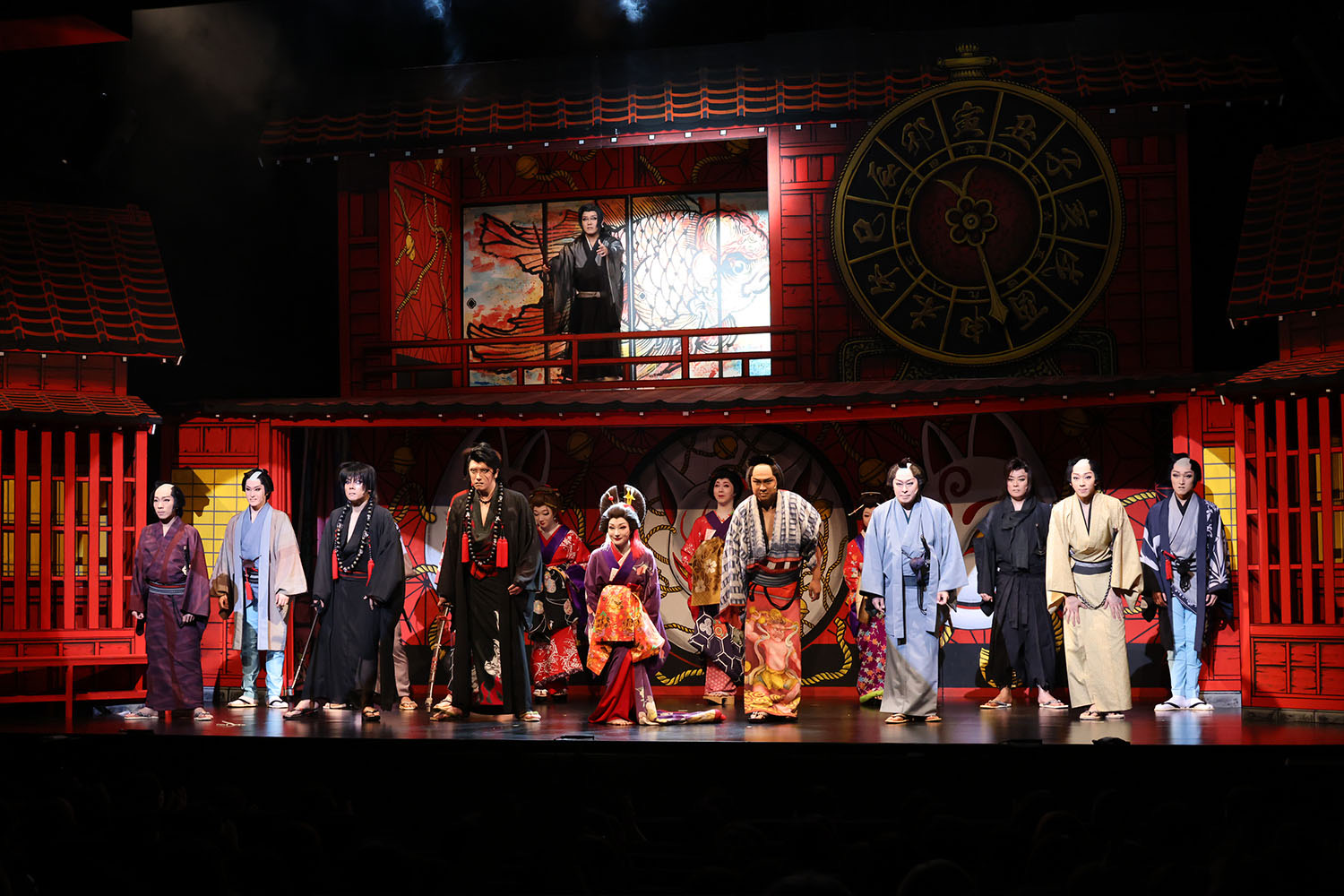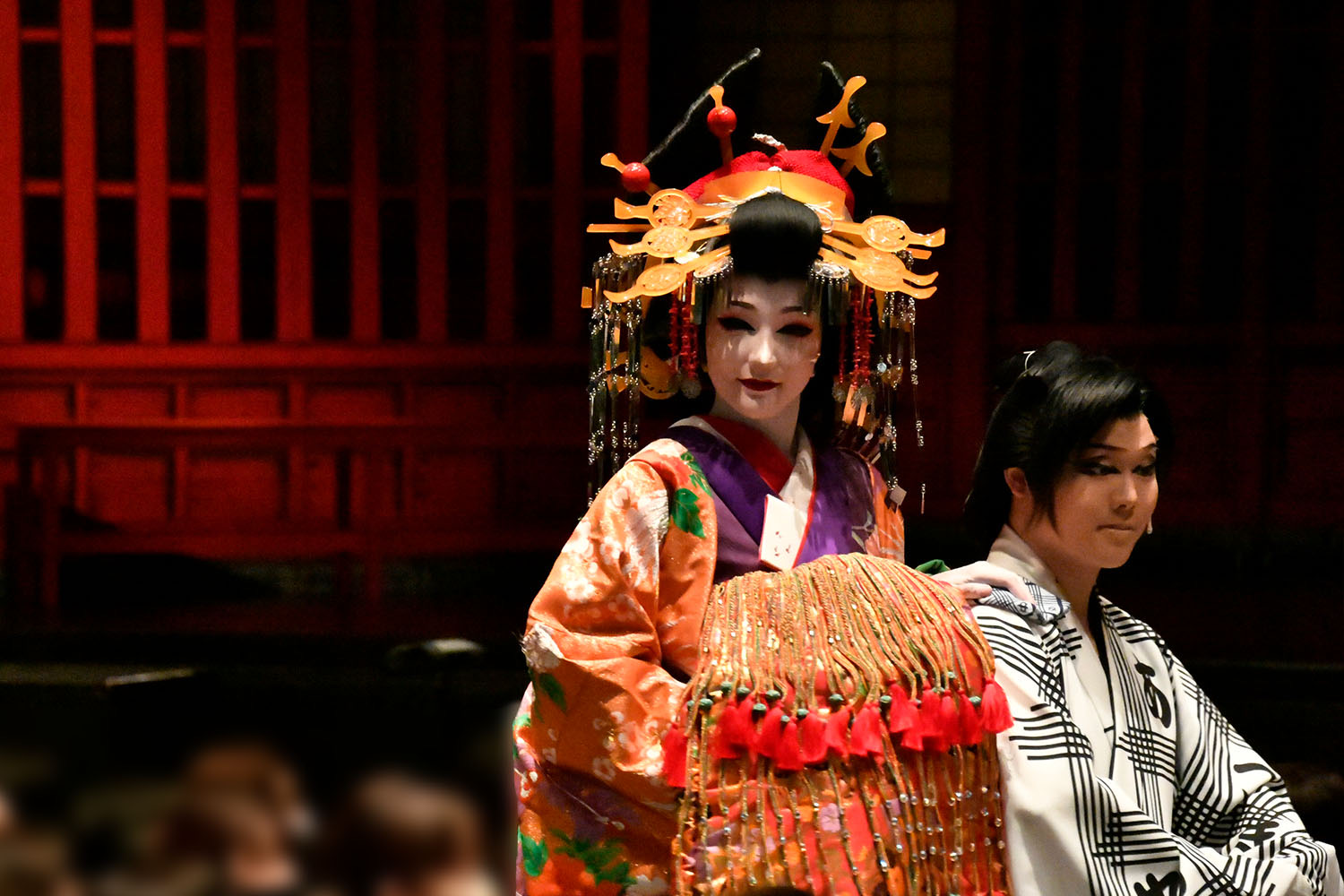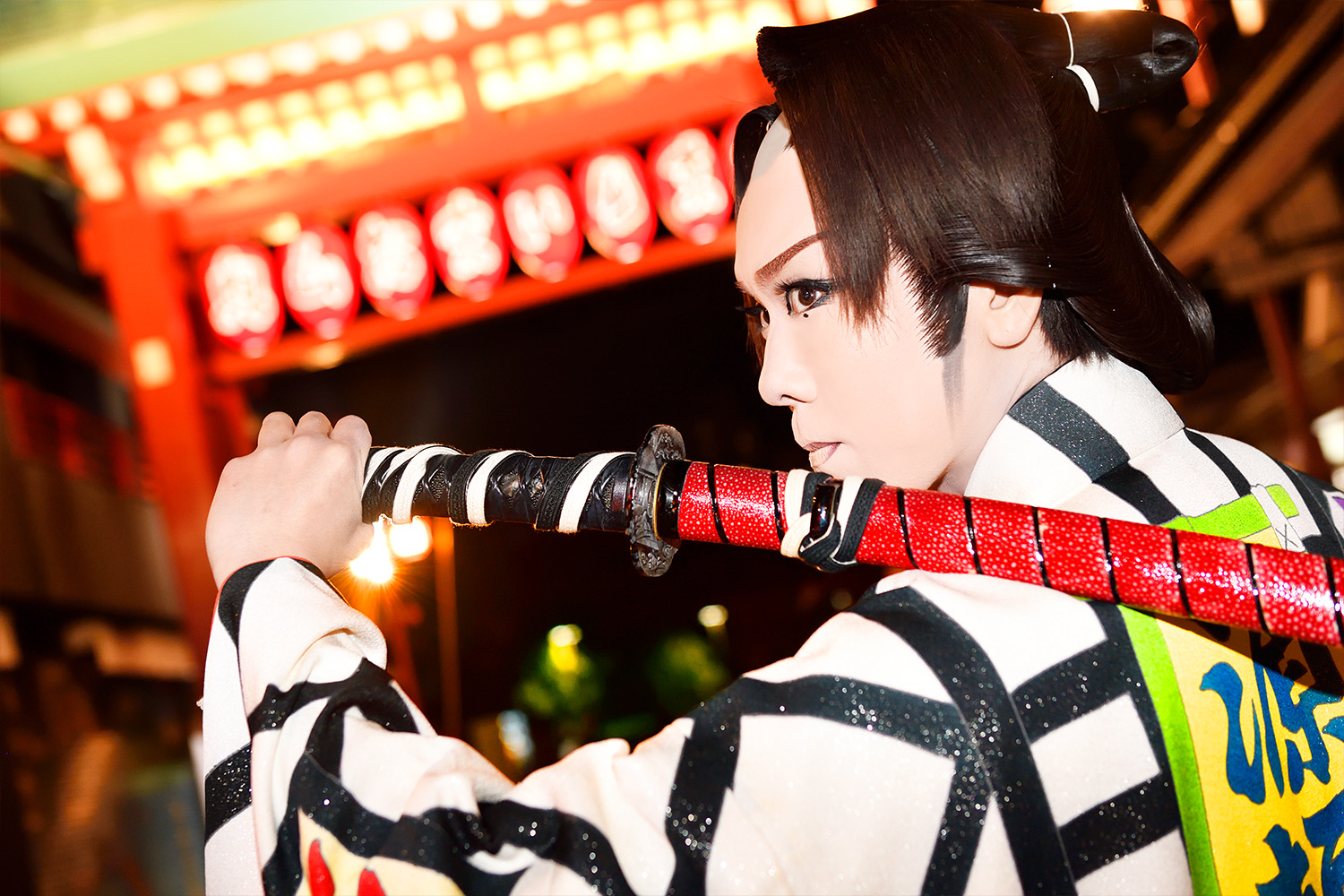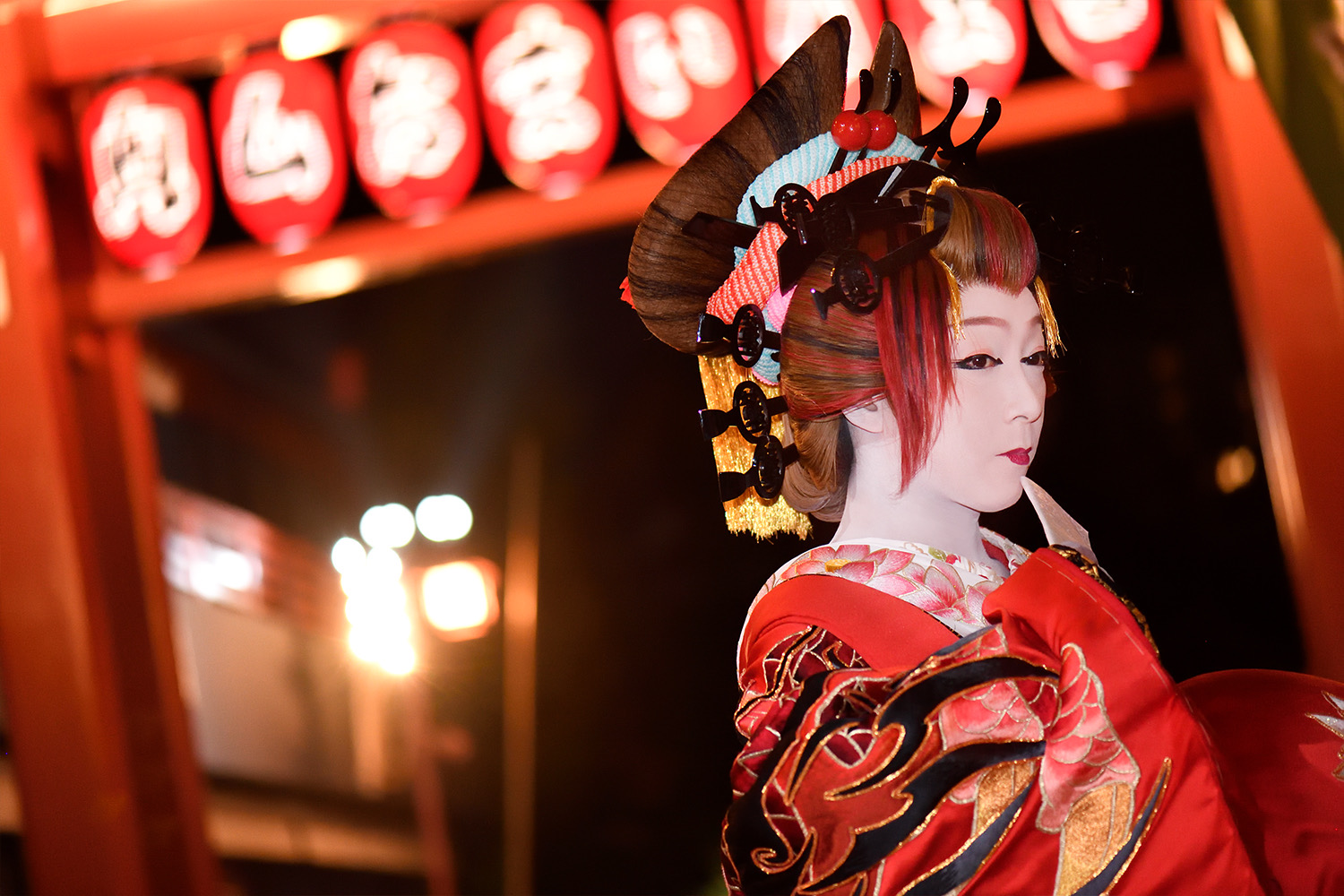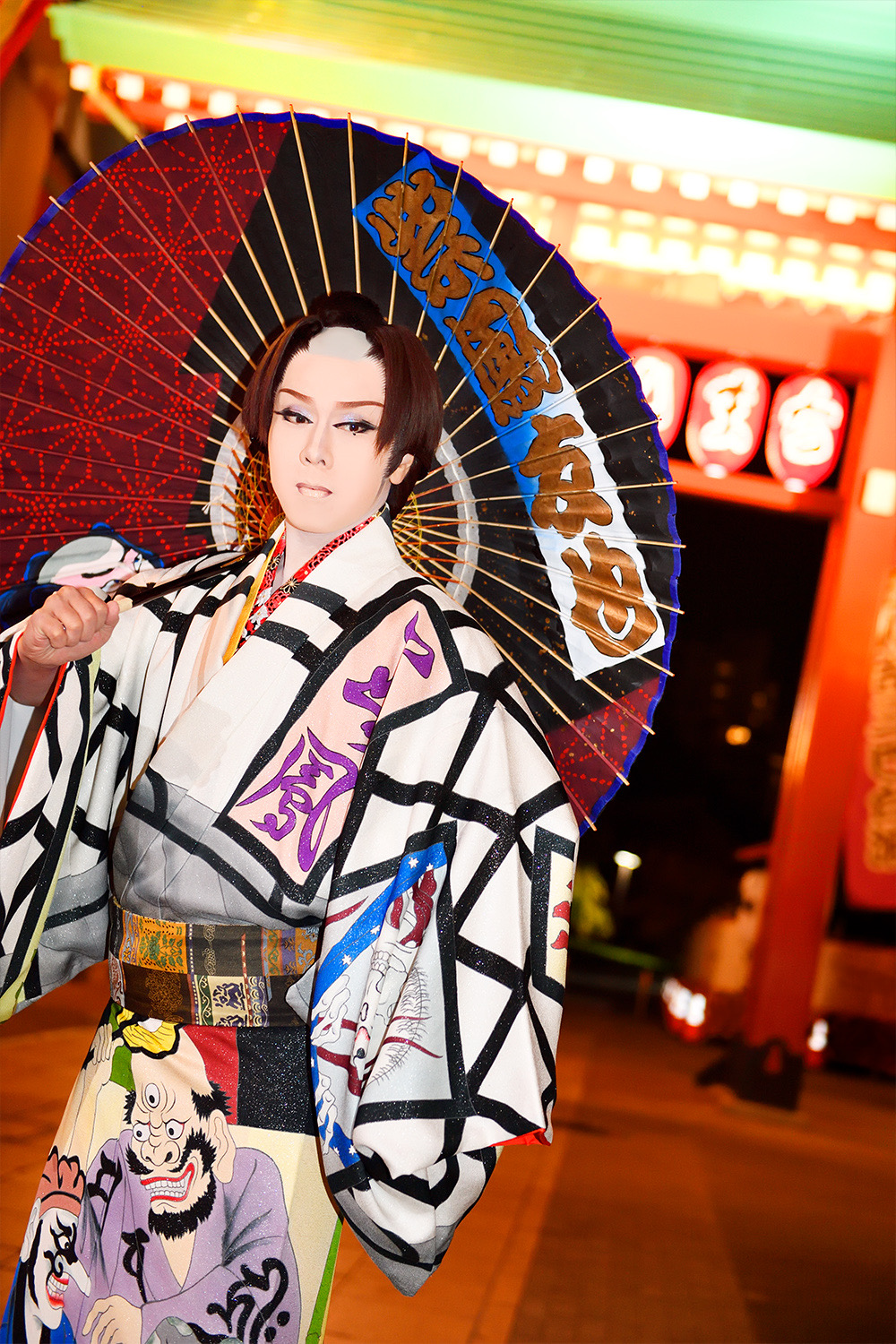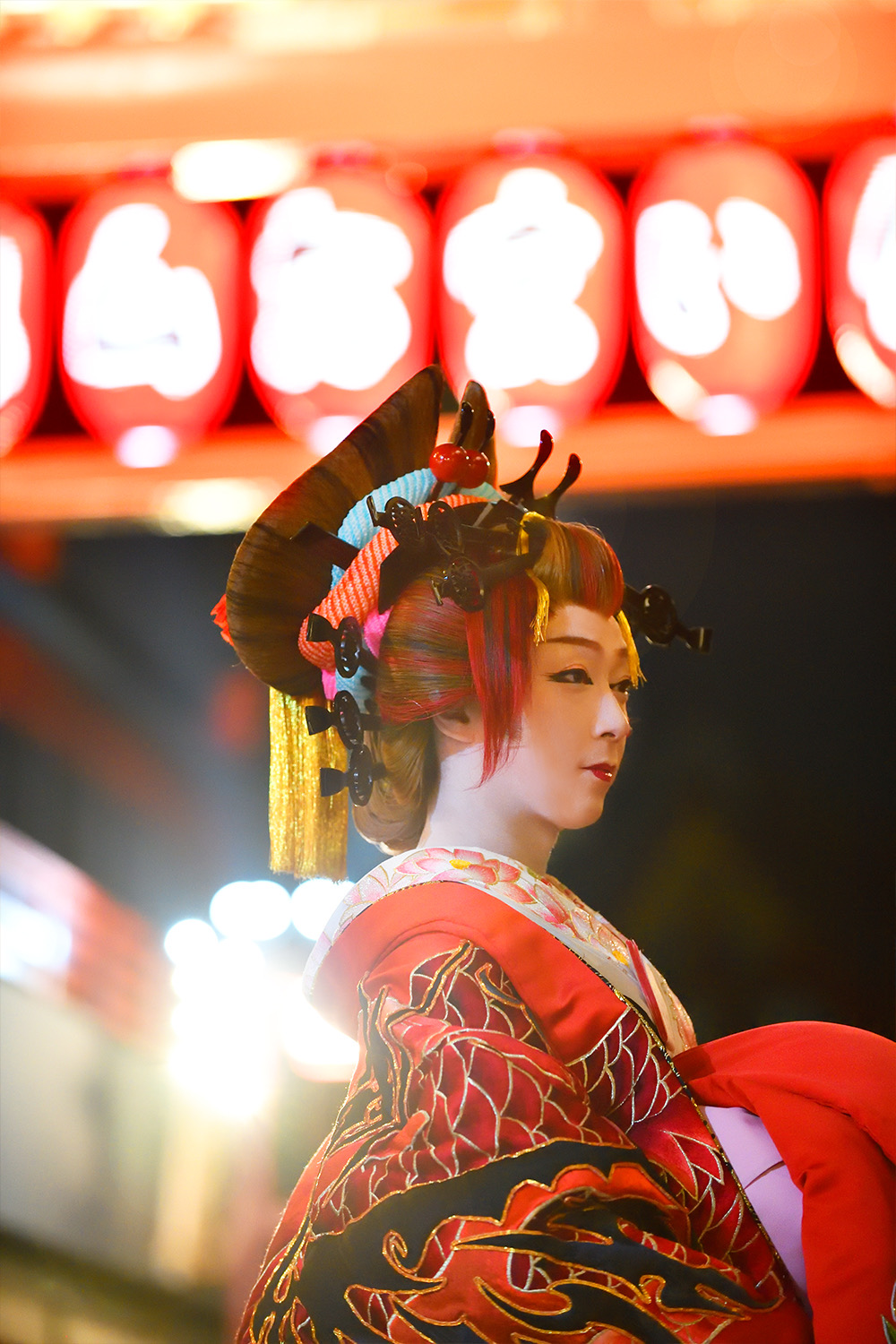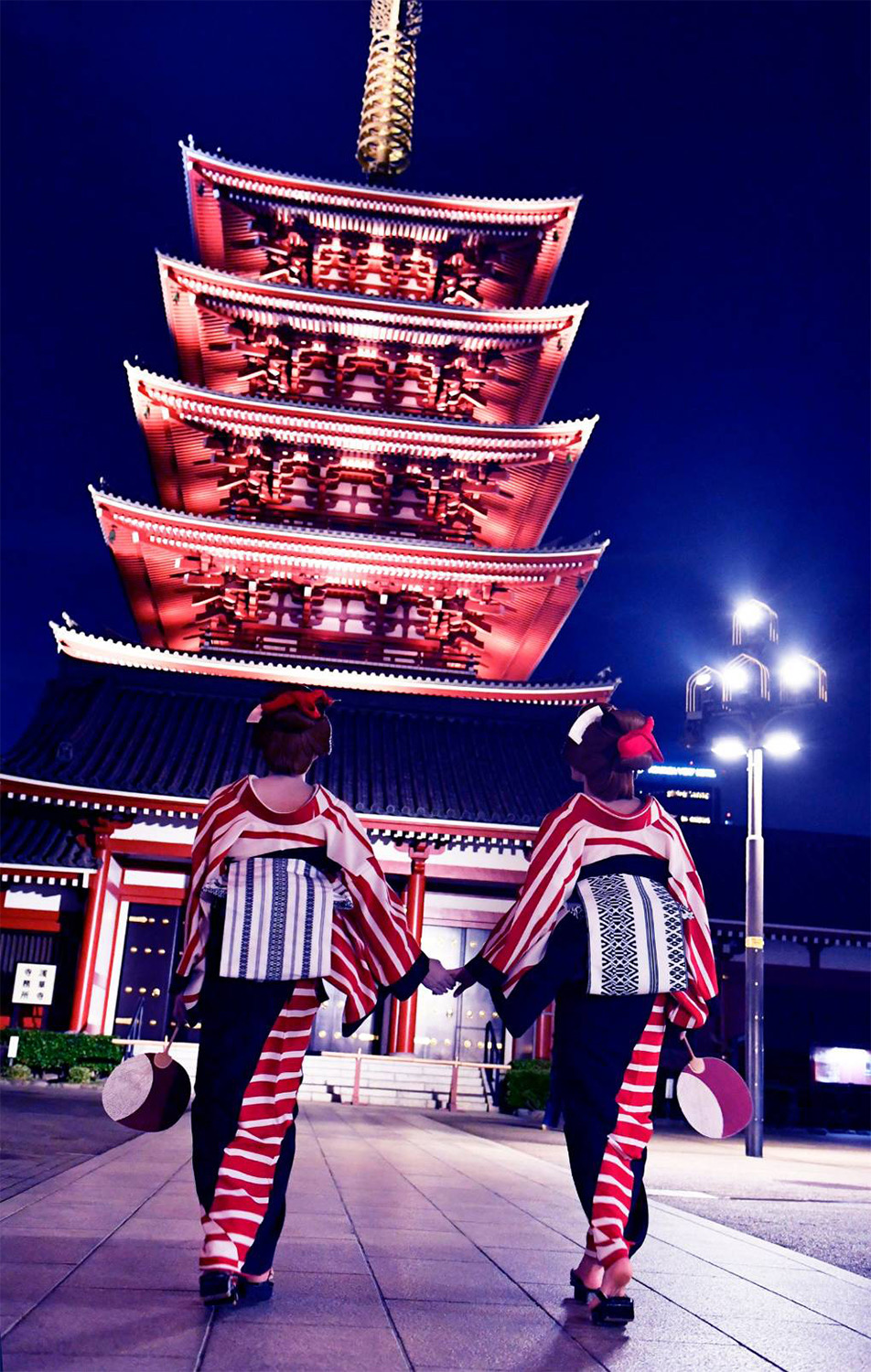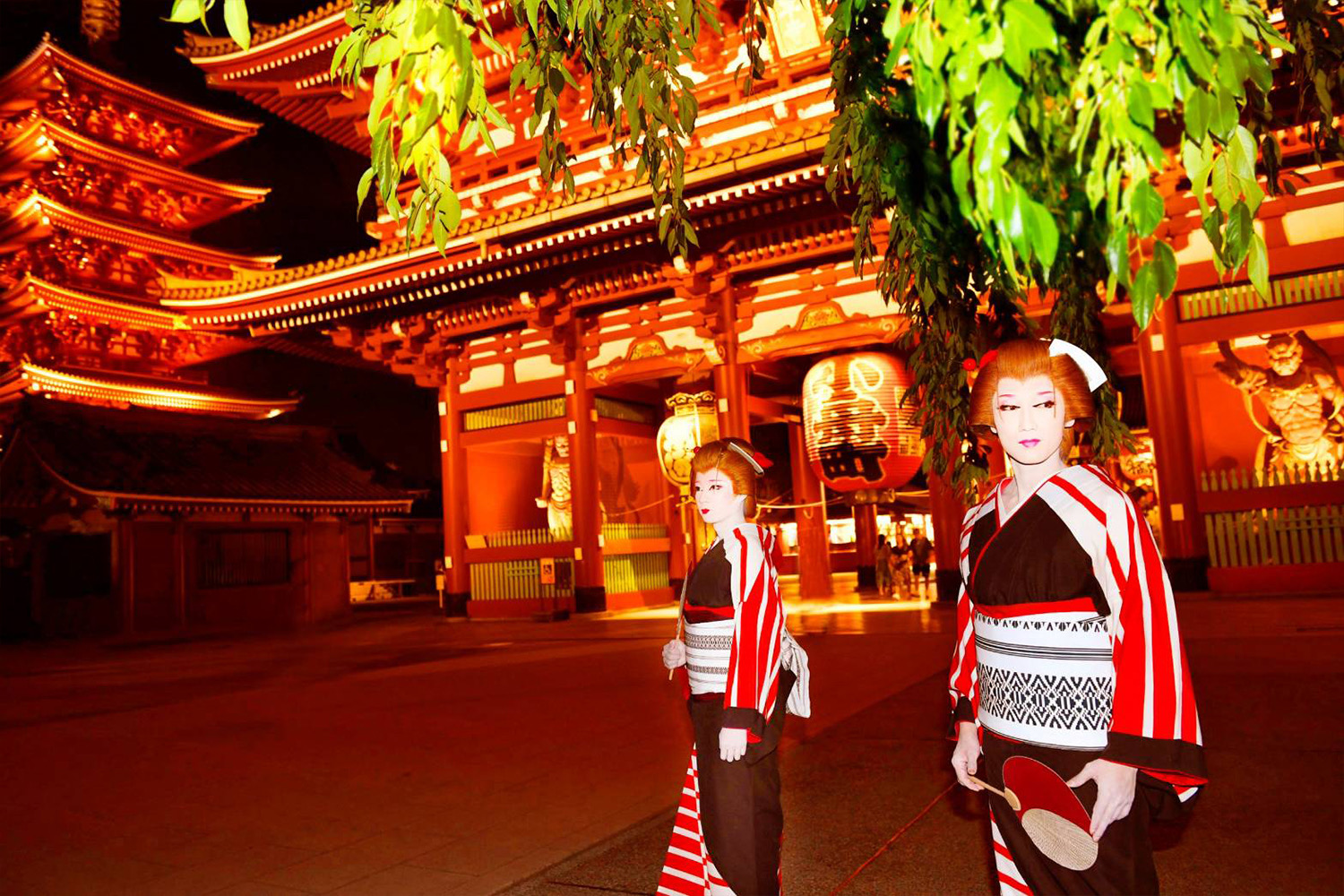ABOUT
JCTEA’s predecessor was the Tokyo Taishu Engeki Halls Association, whose Chairman had been Asagoro Shinohara since 1975. Immediately after World War II, he began producing Taishu Engeki performances, which took place in the barracks used as entertainment halls. They were supported by common people who were starved for entertainment, and took the entertainment world by storm. In 1951, Shinohara Engeijo Hall was opened as a permanent theatre at Jujo, Kita-ku, Tokyo. In 1977, Asakusa Mokubakan Hall was opened, and it is still referred to as Taishu Engeki’s “Mecca”. In 1980’s, a Taishu Engeki actor, Tomio Umezawa, became a well-known TV star/singer. In addition, Taishu Engeki child actors (called Chibi Tama) gained in popularity. In 1991, Asagoro Shinohara’s son, Yoshihiro, became the Chairman of Tokyo Taishu Engeki Halls Association.
In 2011, Tokyo Taishu Engeki Halls Association was renamed as Tokyo Taishu Engeki Association. In 2022, diverse special performances were held to celebrate the 71st anniversary of the Shinohara Engeijo Hall.
Under the motto of “beautiful lotus flowers bloom despite muddy waters”, Yoshihiro proudly continues the Taishu Engeki tradition as a theatre that captures the downtown spirits and social interactions.
On 10 June 2022, Yoshihiro Shinohara’s eldest son, Masahiro, became the Representative Director. Japan Culture and Taishu Engeki Association was set up as a general incorporated association to take over Tokyo Taishu Engeki Association for purposes of expanding the range of activities and enhancing the organisation.
JCTEA tries to bring external inputs to launch new challenges fit for the next generation for purposes of raising public awareness of Taishu Engeki as an integral part of Japanese culture, improving the social status of Taishu Engeki, developing its human resources and carrying out international public relations initiatives.
NEWS / SNS
- 13 February 2023
Shinpu Project’s tenth performance “Beauty and the Beast – The Proof” - 14 October 2022
JCTEA sponsored performance “Netorare Sousuke (Sousuke’s anguish from his wife’s adultery)” - 18 Decmber 2022
JCTEA planned a Taishu Engeki performance by inviting Kaishi Professional University (Niigata) interns. - 5 November 2022
Cool Japan EXPO in NIIGATA.
